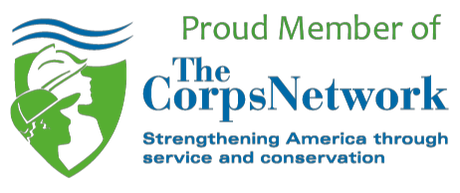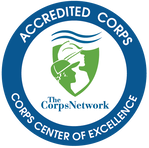|
G.E.M. Environmental is excited to share another new addition to our monthly blog series - Science Stories. Each month, we interview a STEM scholar, student, or community member and ask them things like why they believe the STEM fields are important, how they got started in their field, to what they would do if they hit the jackpot. We hope that our new blog series will inspire, introduce a variety of fields, and create new conversations. In honor of International Day of Women and Girls in Science, we have a special guest Joelle Acton. Joelle grew up in Gilbert, AZ and attended ASU as a pre-vet major. She graduated from ASU with a Bachelor’s Degree in Wildlife Biology, Ecology and Restoration. She changed her focus after finding out about the Wildlife Program. Some of her best memories, and friends, were made in the program; being out in the wilderness camping, collecting data, and enjoying the outdoors. She took both Wildlife and Range classes having support and encouragement from her professors to do both and to get her foot in the federal door. During school she was working part time with the Forest Service as a Range Technician, working all over Arizona and assisting many resource aspects along the way. Joelle moved to Kingman, AZ to take a job with the University of Arizona as a Range Technician for the BLM, where she was eager to learn and take on any job required. This landed her a permanent job as a Rangeland Management Specialist (RMS) with the Bureau of Land Management (BLM). During her time as an RMS, she met her wonderful husband Jake and ended up with the most amazing son. She worked as an RMS for 3 years until taking over the Wildlife Biologist position, which has always been her goal career. Wildlife Biology has been her most rewarding and frustrating career, but she feels it is meaningful, and she is doing her part in the world. Why do you believe that the STEM fields are important? STEM fields are very important, because I think they are fields that are overlooked and downgraded due to the discovery and changes of new information. STEM is forward thinking, and that scares a lot of people. Knowledge is power, and people tend to fear what they don't know or understand. STEM fields encourage people to step out of their comfort zone and ask questions that need to be asked. The physical world is surrounded by STEM and constant changes. It's important to be aware of these changes and move with them, instead of against them. How and why did you get involved in the STEM fields? Ironically, I was more interested in being a veterinarian during my schooling. I was concerned about the environment, but I didn't really have an understanding for it. Growing up I had always been an animal lover, so I knew no matter what, I'd do something with animals. Working at an emergency clinic for animals eventually turned me away from being a vet. I enrolled in the wildlife program hoping to get a better understanding of what I wanted to do the rest of my life. It wasn't until we started taking field trips to go collect data on wildlife that I found my calling. Bat mist netting, tagging waterfowl, collaring large game species, species counts, hiking, kayaking, and camping out in the wilderness. Wait! I can get paid to do all this stuff! Done and over with. I was going to be a wildlife biologist. Can you describe another aspect of your life or career that is influenced or enriched by the STEM fields that people would find surprising? I think when a lot of people hear "wildlife biologist", they think I am out there tied to a tree or holding a sign and telling people what they can and can't do. Although I am a huge advocate of protecting every species I can, I am also conscious of the real world and real-life problems. As a federal employee, I work for the public and public lands. I encourage the use of public lands, as there are so many opportunities for the public to enjoy. There are aspects to public uses that I may not like, but I find necessary. I also understand that there are people out there that abuse the lands too, which is why we have specialists to help regulate use. My resource value is to be the voice for the wildlife and environment, not to discourage people from being a part of that world. What inspires you in your current position/role? What inspires me most is knowing that what I do, does affect the physical world. I may not be making large strides, but those small steps add up. I feel good after working on a project knowing I put my best effort towards protecting the environment and making compromises that work for both proponents. I'm also inspired by the youth that I give wildlife talks to locally. We do our best to encourage getting outside and learning about our world. Yearly hikes with some of the schools and watching the kids get excited about the animals and plants. It opens their eyes to this world they have never seen. Knowing that I have made that impact (as minimal as it may be) on their lives, really inspires me. Have you ever participated in an internship? My first internship in my field was working for Game and Fish with the Sonoran Pronghorn down in Ajo, AZ. It involved mostly scoping for the animals daily, but it was the foundation to most of my skills today. The job encouraged me to stay in shape (as a lot of hiking is required), how to prepare for the field (the desert is hot and dangerous), how to drive a 4-wheel drive vehicle off road. These skills are very important to have as much of our field work consists of hiking and off-road travel. I also learned to be quite self-sufficient and I was away from home for 3 months in a different town. What work experiences have been the most educational for you, and why? My current role as a wildlife biologist is constantly educational as there is so much to learn in a single ecosystem and everything is always changing. New situations are always a challenge, but better me as a biologist. Working with different resources gives me an aspect in each field, which in turn helps me get an understanding on how to do my job the best I can, for all proponents involved. What project(s) are you currently working on? The fun and difficult part of being a wildlife biologist, is that I not only have my projects to work on, but everyone else's. I'm currently assisting our range program, lands, recreation, fire and minerals. One of my projects I am preparing for is inventory of some of our riparian systems as they are some of our most sensitive resources. Last year entailed a two-night backpacking trip to take photos and inventory vegetation and wildlife species to access the condition of the river. This is a yearly trip down different river systems, but by far one of my favorites. What is something that people might be surprised to learn about you? My husband and I are complete opposites. He does concrete and that usually entails clearing and removing and I am the biologist which entails leaving things in its pristine condition. When we were first dating, he came to my house to help with yard work. He showed up with a small dozer, you know, to clear everything. I made him avoid every native plant that I could. He was so frustrated with me that day. In fact, I was sure he was regretting his decision to be dating me. 5 years later, we are still in love and he can even name those very plants that I made him avoid. Our opposites have very much opened our eyes and have made us both better people. What is the funniest thing that has happened to you recently? Probably when my son put his butt on me and made farting noises. He's 3, and a boy, and it was hilarious. You won $10 million in the lotto. What would you do? We would first pay off some debts and secure a fund for our son to go to college. Probably invest and set money aside to do things like travel. Make sure our parents were taken care of. Donate, but we prefer to donate locally and within the community. Occasionally we donate to outside sources, after doing the research. I would not quit my job though as I have mentioned before, my career gives me great fulfillment. I would, however, consider other wildlife jobs that required me to travel to unique places, since income wouldn’t be an issue. CHECK OUT THESE OTHER HELPFUL LINKS FOR INFORMATION ON WOMEN IN SCIENCE:
https://www.collegeraptor.com/find-colleges/articles/college-majors-minors/7-organizations-working-to-promote-women-in-stem/ https://www.sciencemag.org/careers/2018/02/celebrating-women-science |
Categories
All
Archives
June 2024
|
G.E.M. Environmental NFP
Geology - Engineering - Minerals - Environmental - Not for Profit
Geology - Engineering - Minerals - Environmental - Not for Profit
Community Partners
|
Programs
|
Get Involved
|
About
|
Follow Us
|
Sponsors & Donors
|
© COPYRIGHT 2017 - 2023. ALL RIGHTS RESERVED. G.E.M. Environmental NFP
GEM Environmental, GEM4STEM, GEM Corps, and Charity Rocks are all Registered Trademarks of G.E.M. Environmental NFP.
Any and all use of Trademarks or Copyrights must be authorized.
GEM Environmental, GEM4STEM, GEM Corps, and Charity Rocks are all Registered Trademarks of G.E.M. Environmental NFP.
Any and all use of Trademarks or Copyrights must be authorized.
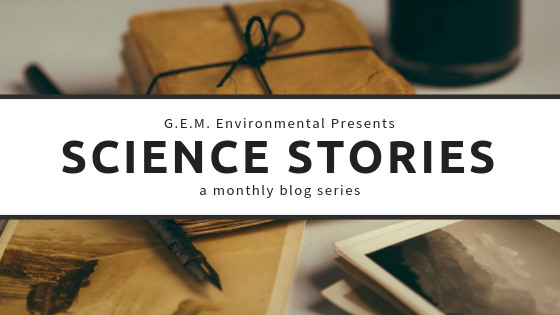
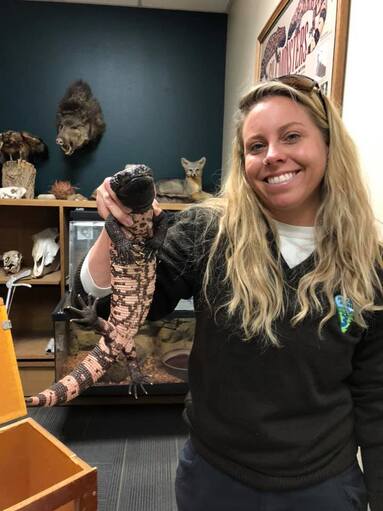
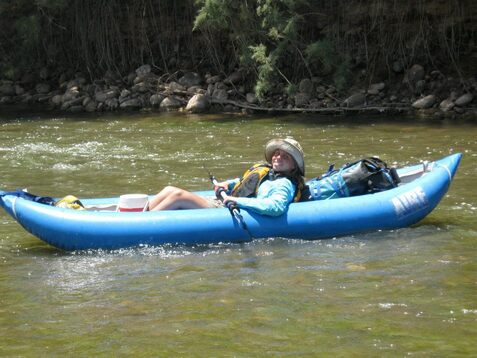
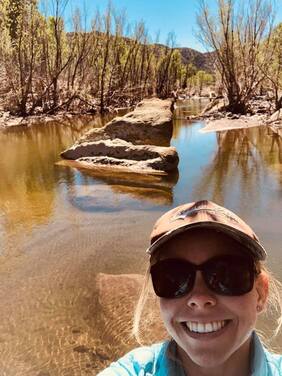
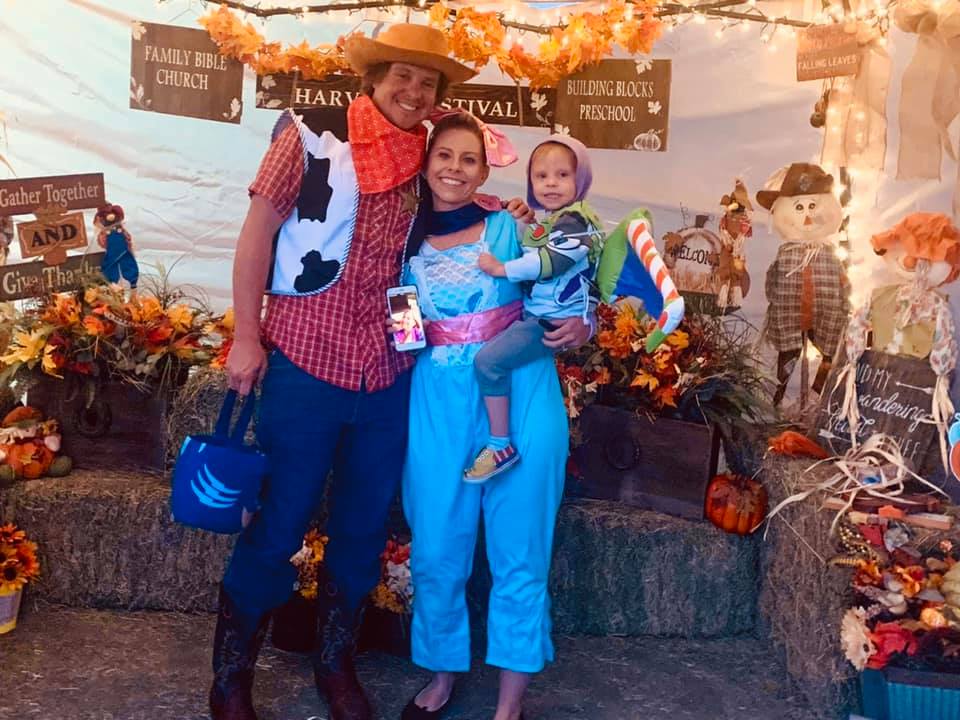
 RSS Feed
RSS Feed

